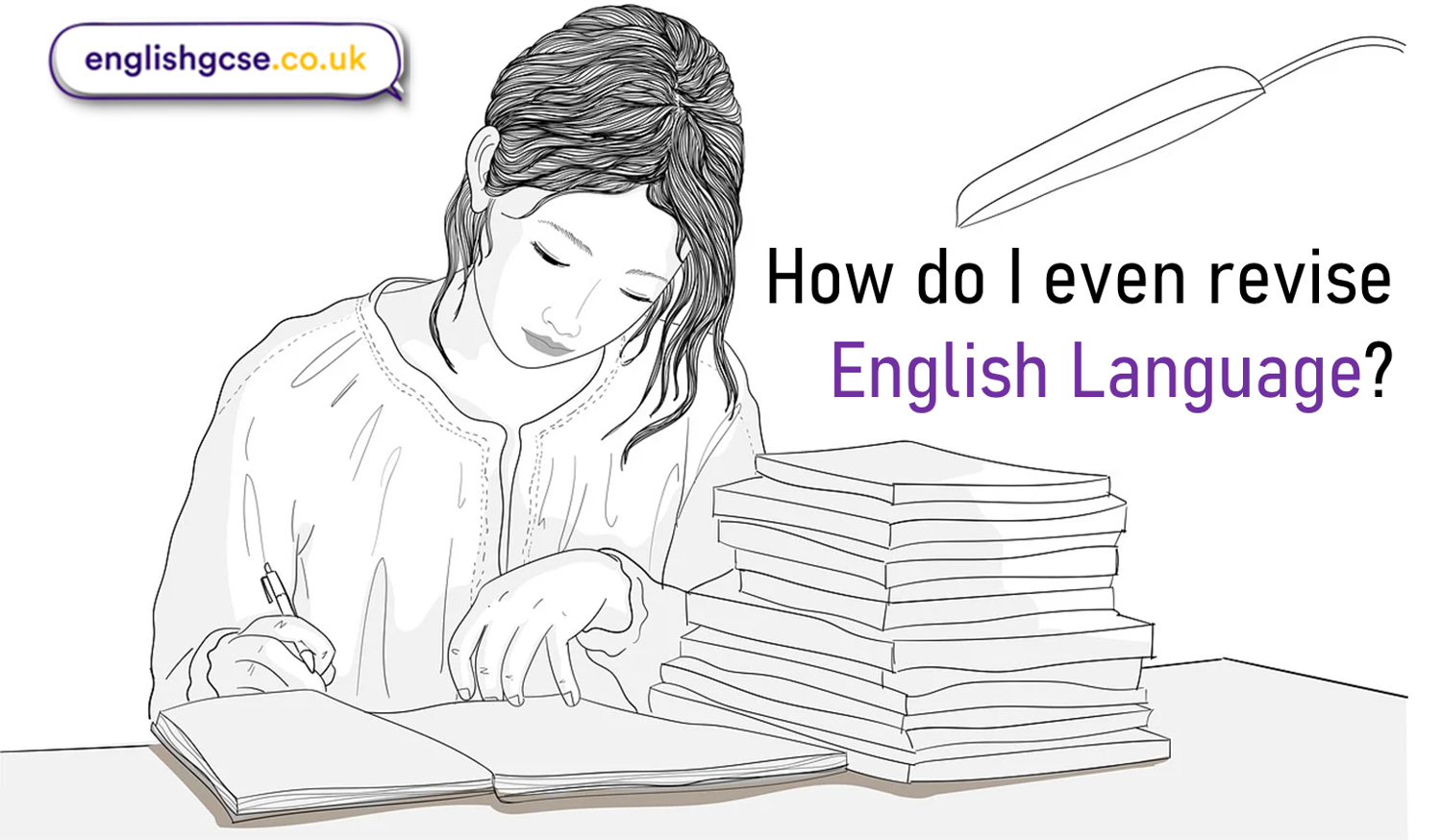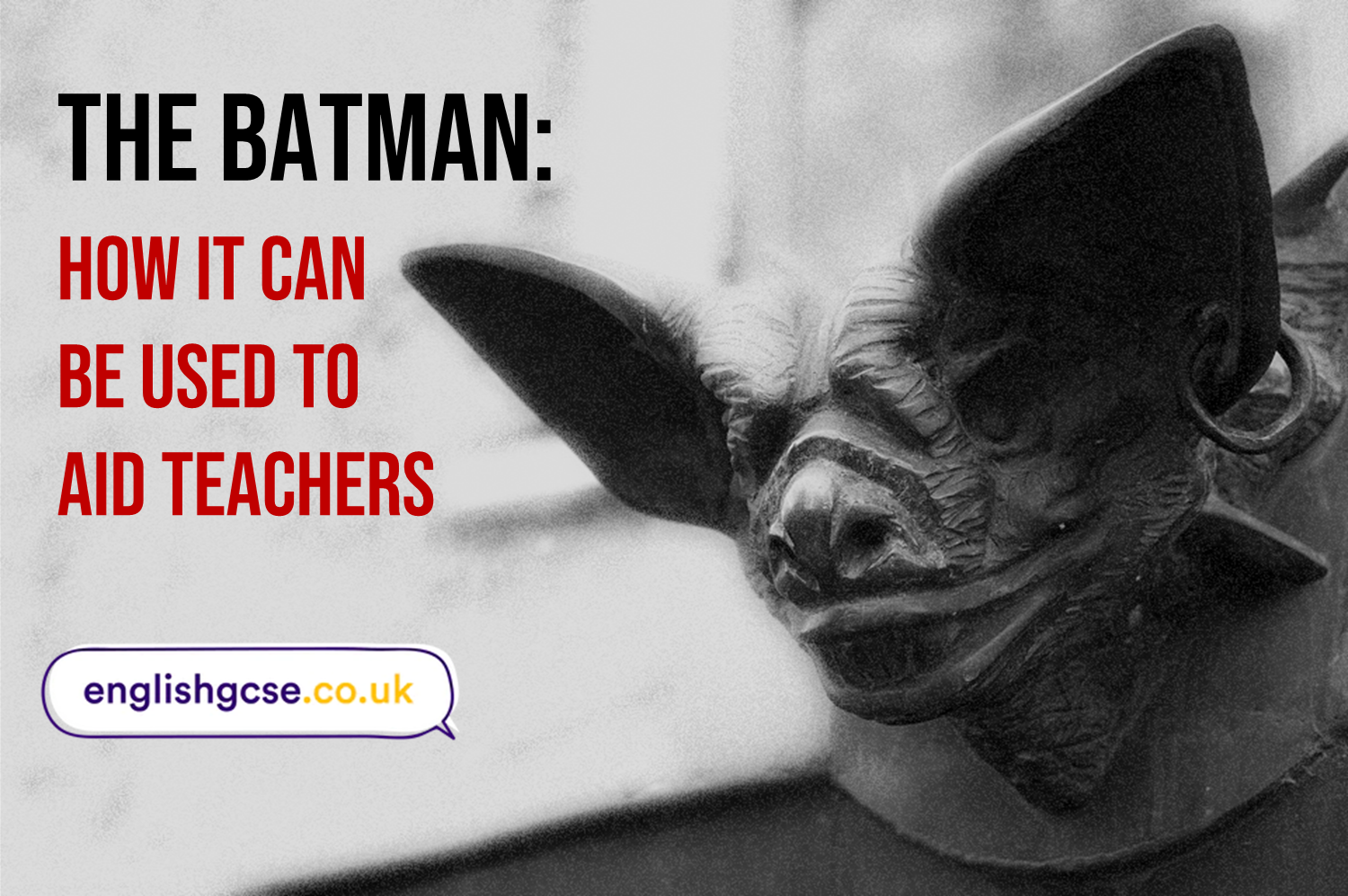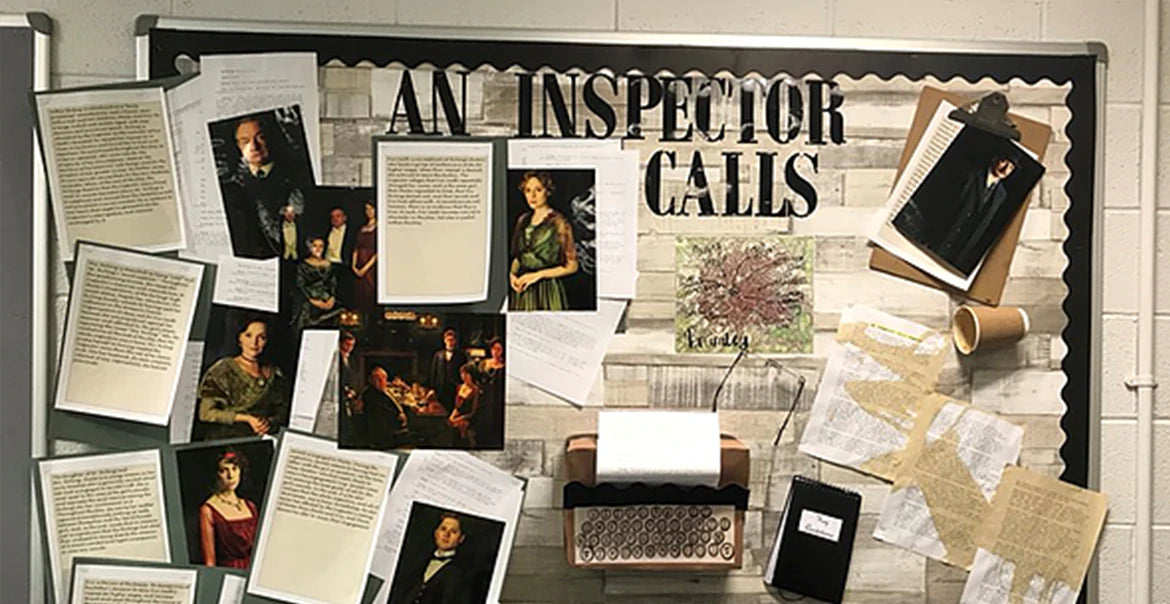Students can feel a little lost when it comes to the English Language exam papers given they are skills-based and don't focus on memorising characters, quotations, plots and so on, as is the case with the English Literature papers. So how can you help them feel best utilise their revision time before the all important exams?
Given the rigid structure of the questions on both Language papers, it is very important that students are aware of their time management, having a clear set of goals or success criteria for each question and know the explicit skills they need to illustrate and showcase for every task.
Although students may not be too keen to hear it, practice does make perfect, or as the football manager Bobby Robson often philosophised: "Practice makes permanent." Giving students exam-style questions and getting them to time themselves for these is a great way of getting young brains into Language gear after completing the knowledge-heavy Literature papers. However, exam questions are only helpful to a degree - students also need to see answers or indicative content, what good or great answers SHOULD look like (WAGOLL or What A Good One Looks Like).
We offer a series of exam practice packs that include sources, exam questions AND detailed answers for each question, offering students insight into how they should be answering questions:
Paper 2 Section A exam practice packs:
These are very useful for independent study time and give students no excuse for not practising by themselves.
Moreover, using revision time in class or is a great way to explore every question in detail and time students in exam conditions to try to replicate the pressure situations they will find themselves in come exam hall time. However, it also means you can be there to offer guidance should they struggle in one particular area.
We have exam 'walkthroughs' that allow students to go through each question at a time, look at a model answer and then reflect on how they can improve their own:
Additionally, knowledge organisers put all essential information together into one clear document, so students can spend independent study time preparing for the requirements of each question and knowing how they can best divide up their time for the exam.
Knowledge organisers:
Quizzes:
Using class time to get students to work in groups to recap the key skills and success criteria for each question is another way of prepping for the exams, as well as getting them to apply their skills to sources provided.
And lastly, although this isn't a quick fix students need to read widely, both fiction and non-fiction. If students are reluctant readers then reading voraciously for a few weeks isn't going to transform them into widely-read exam titans, but it'll give them some extra understanding of genre, form, purpose and audience which could help for both English Language papers.
Offer a range of exam-style texts that cover multiple genres and types and get them to apply the skills they have gained over the past couple of years to those texts.
Despite having had two or more years of lesson time, some students will always be reluctant to revise for the English Language exams with the age old excuse that they don't know HOW to revise, but offering them a wide range of resources, texts and model answers will make sure they have plenty of revision materials to keep them occupied before the final English exams of Year 11.
















